Report this entry
More from the same community-collection
FAMILIA FAVILA VILLELA DE EL PASO, TX OCTOBER 1968
OUR FIRST FAMILY GROUP PHOTO WHEN WE LIVED IN THE NORTHEAST IN ...
FERNANDO VILLELA - VIETNAM WAR PLAQUE NOV 1986 - NOV 1969
C CO, 3RD BATTALION, 4TH INF, 9TH INFANTRY DIVISION - 1968 NOV - ...
"A SOLDIER'S VIEWPOINT OF WAR" - FERNANDO VILLELA 1968 - 1969
"A SOLDIER'S VIEWPOINT OF WAR" REPLICA BY KOREAN ARTIST - ...
SP5 FERNANDO VILLELA US ARMY SERVICE JUNE 1968 - DECEMBER 1972
SP5 FERNANDO VILLELA- US ARMY SERVICE JUNE 1968 - DECEMBER 1972 ...
VIETNAM WAR 1968- 1969 ARTIST FERNANDO VILLELA
VIETNAM WAR 1968- 1969 ARTIST FERNANDO VILLELA THIS IS A ...
BRONZE STAR - FERNANDO VILLELA - EL PASO, TEXAS
FOR HEROISM IN GROUND COMBAT AGAINST A HOSTILE FORCE IN THE ...
A COMPANY OF 9TH INFANTRY DIVISION COMES UNDER ATTACK
A COMPANY OF 9TH INFANTRY DIVISION COMES UNDER ATTACK ...
FERNANDO VILLELA, AIT, FT ORD, CA 1968
FERNANDO VILLELA, ADVANCE INDIVIDUAL TRAINING (AIT) INFANTRY, ...
FERNANDO VILLELA - FIRST CHRISTMAS IN VIETNAM BUNKER
FERNANDO VILLELA - FIRST CHRISTMAS 1968 DECEMBER IN VIETNAM ...
NANDO AND ROSA VILLELA - El Paso, Texas
NANDO AND ROSA VILLELA HAPPILY MARRIED SINCE JULY 1967. THEY ...
FERNANDO AND ROSA VILLELA MARRY IN 1966
THEY GOT MARRIED IN THE SACRED HEART CHURCH, DOWNTOWN, EL PASO, ...
FERNANDO VILLELA - VIETNAM 1969 -KIEN HOA PROVINCE SIGN
FERNANDO VILLELA - VIETNAM 1969 -KIEN HOA PROVINCE SIGN ...
FERNANDO VILLELA - VIETNAM 1969 - MOD PLATOON
FERNANDO VILLELA - VIETNAM 1969 - MOD PLATOON C-3, 47TH - RED ...
FERNANDO VILLELA - VIETNAM 1969 - AMMO LADY
FERNANDO VILLELA - VIETNAM 1969 VIETNAM DONG TAM - MAY - JUNE ...
FERNANDO VILLELA - THROUGH THE YEARS PHOTOS - US ARMY JUNE 1968
FERNANDO VILLELA - THROUGH THE YEARS PHOTOS - ENTRY TO US ARMY ...
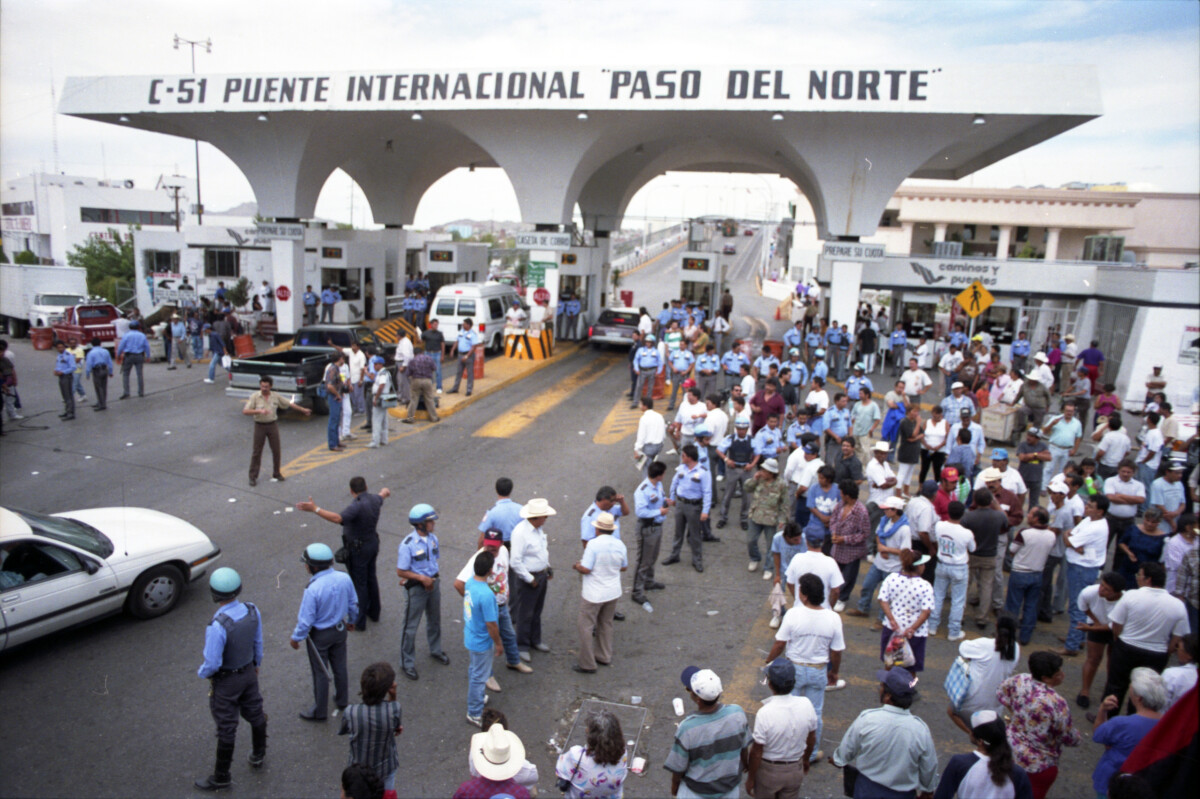
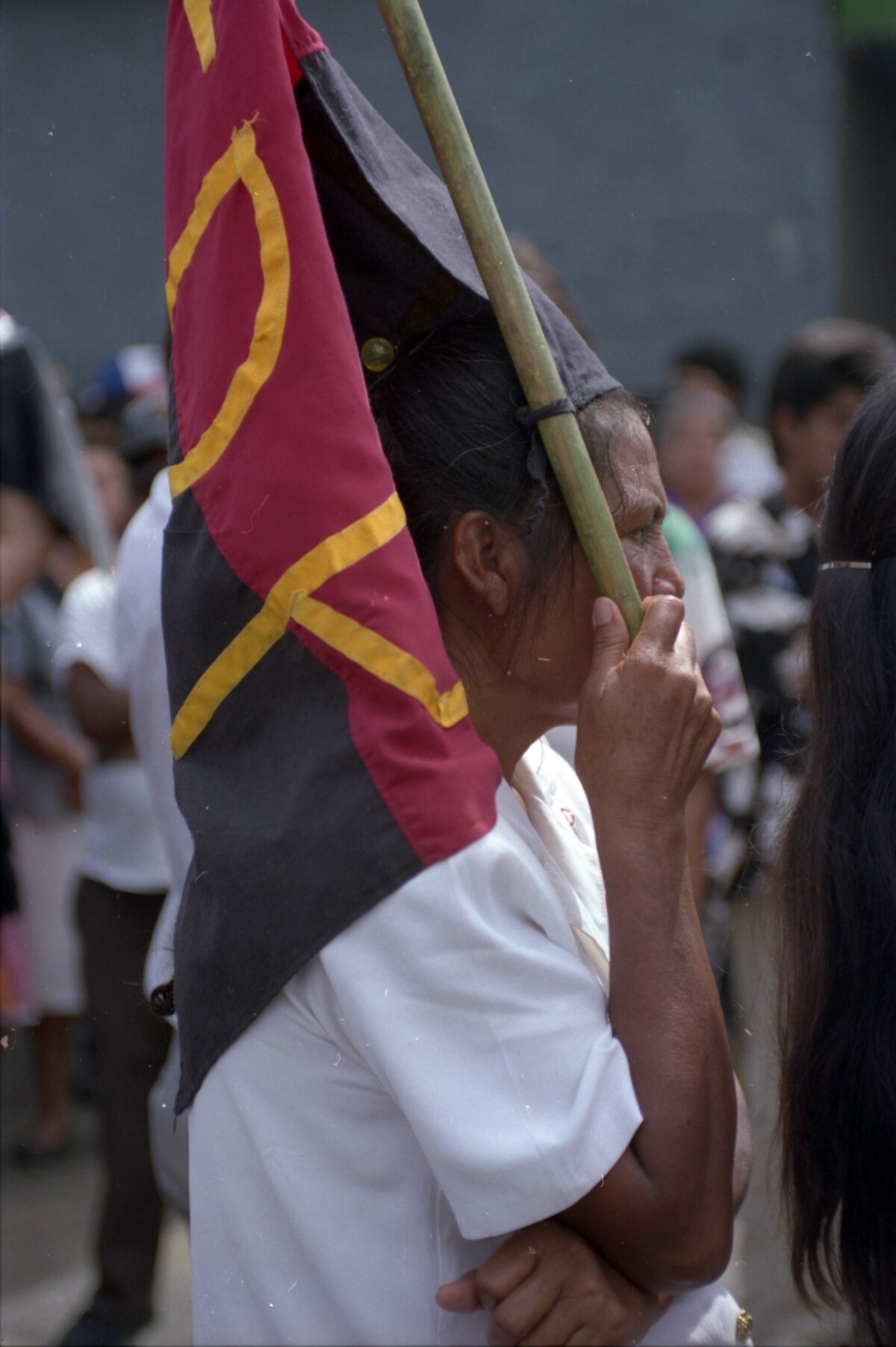
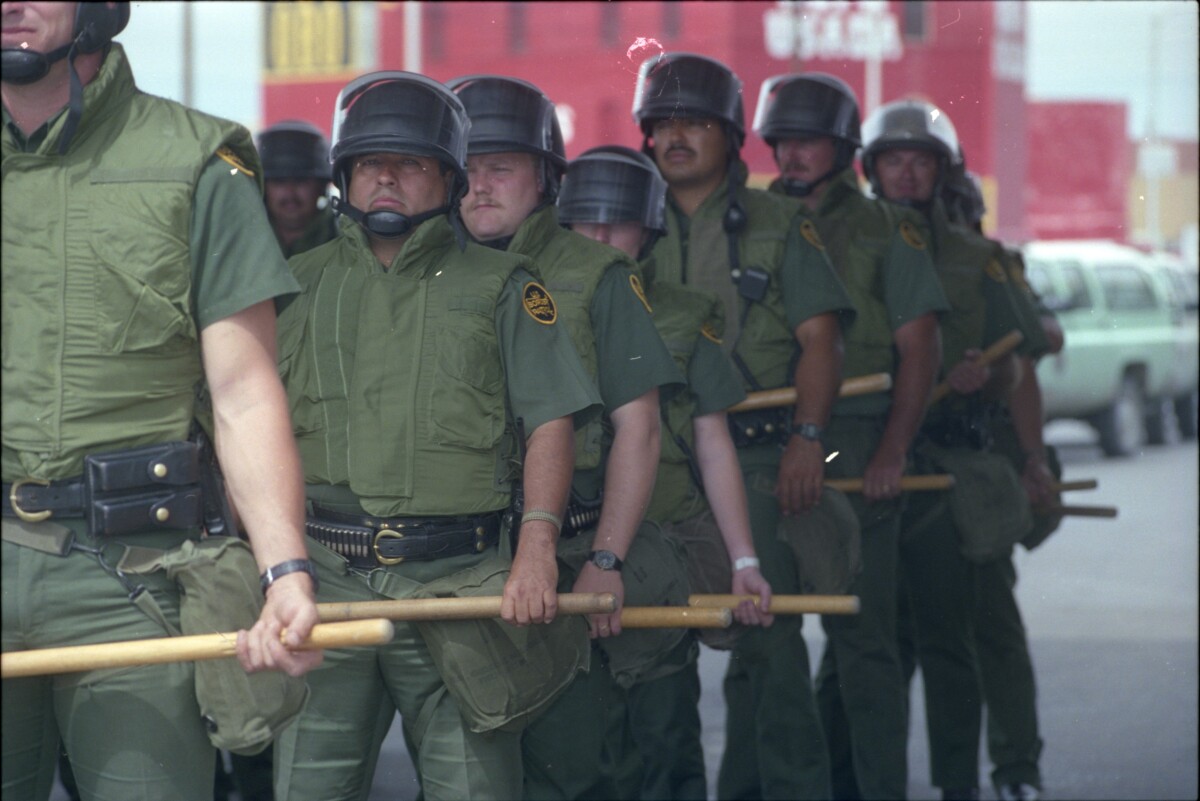
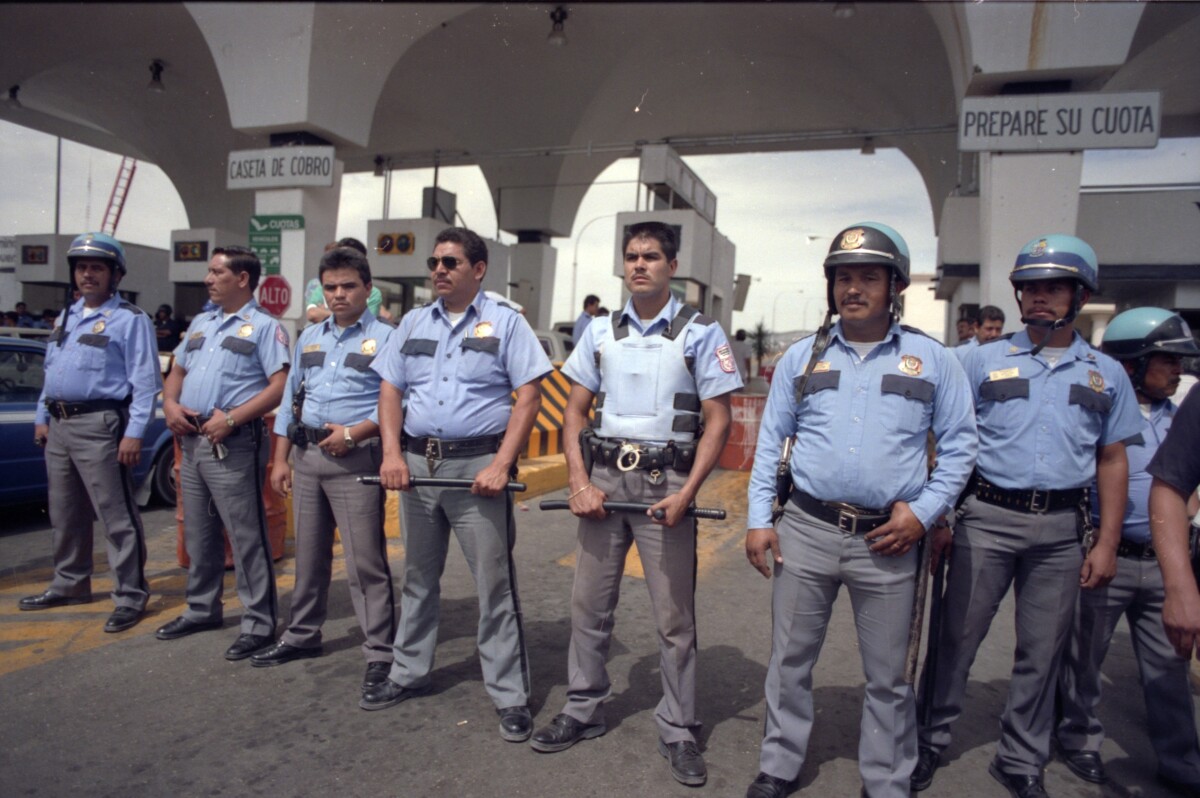
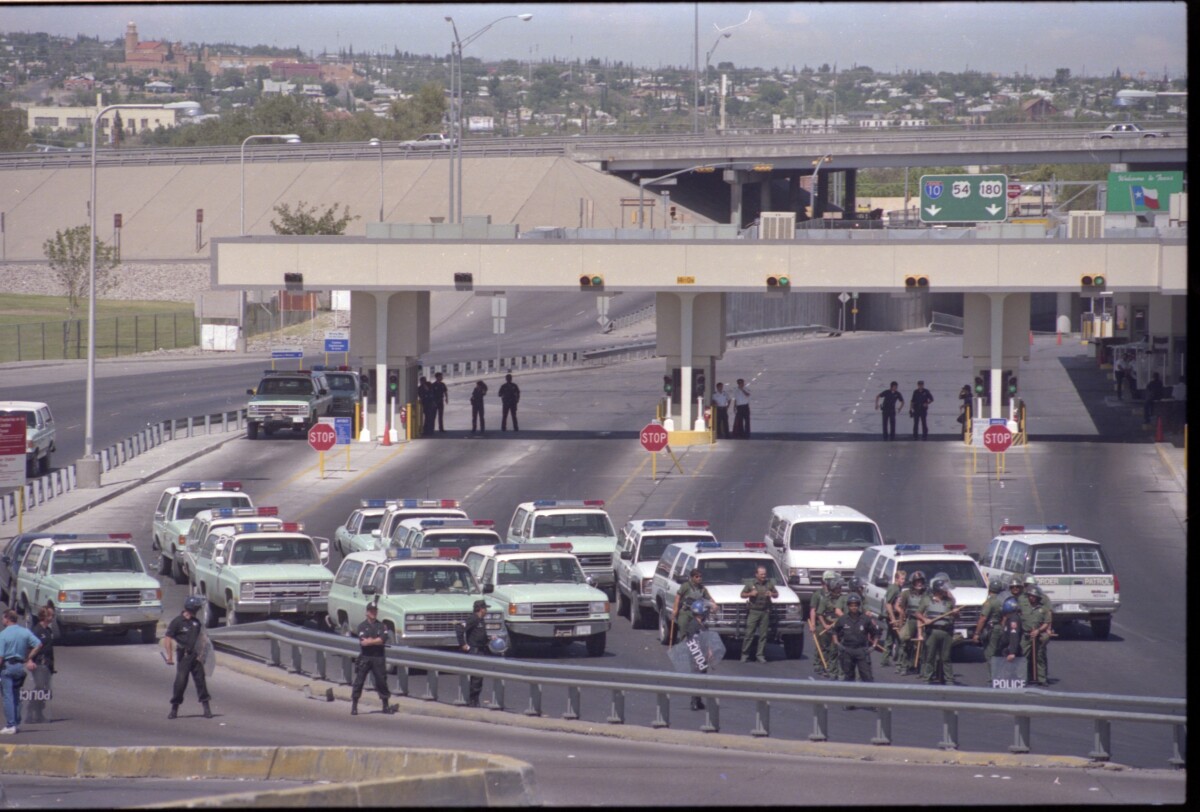
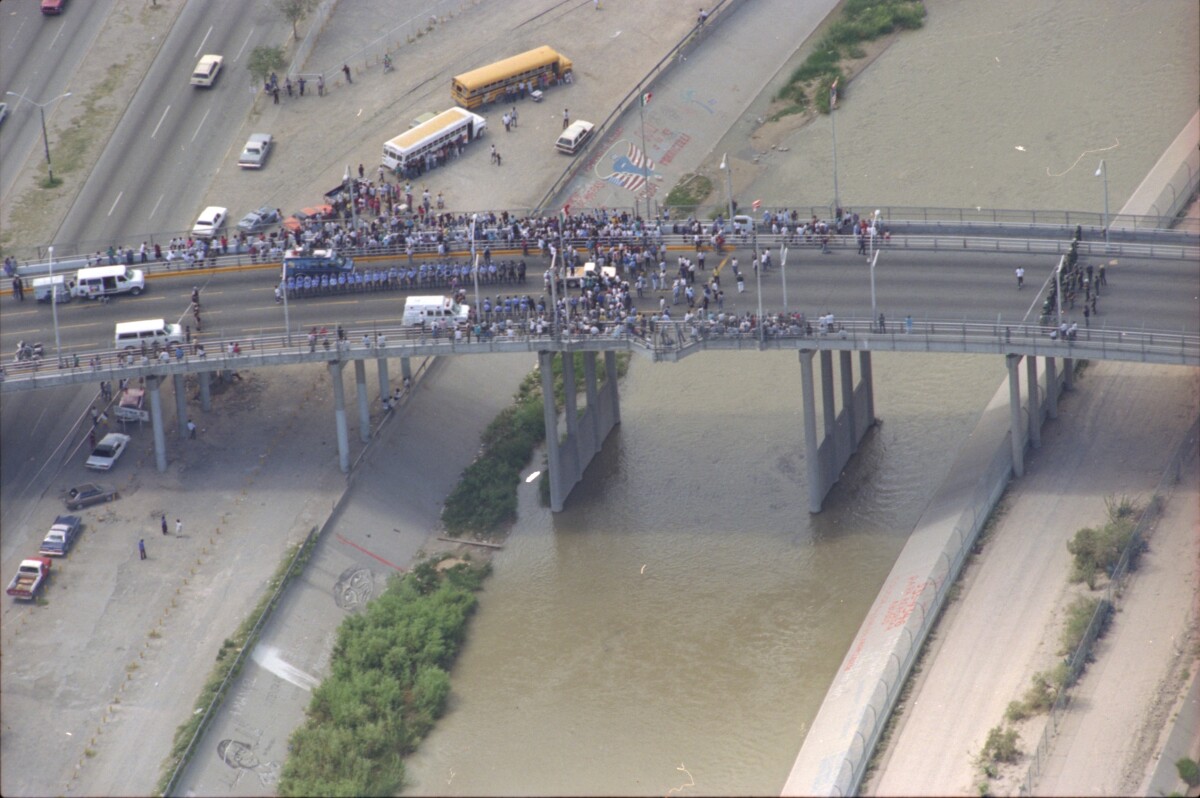
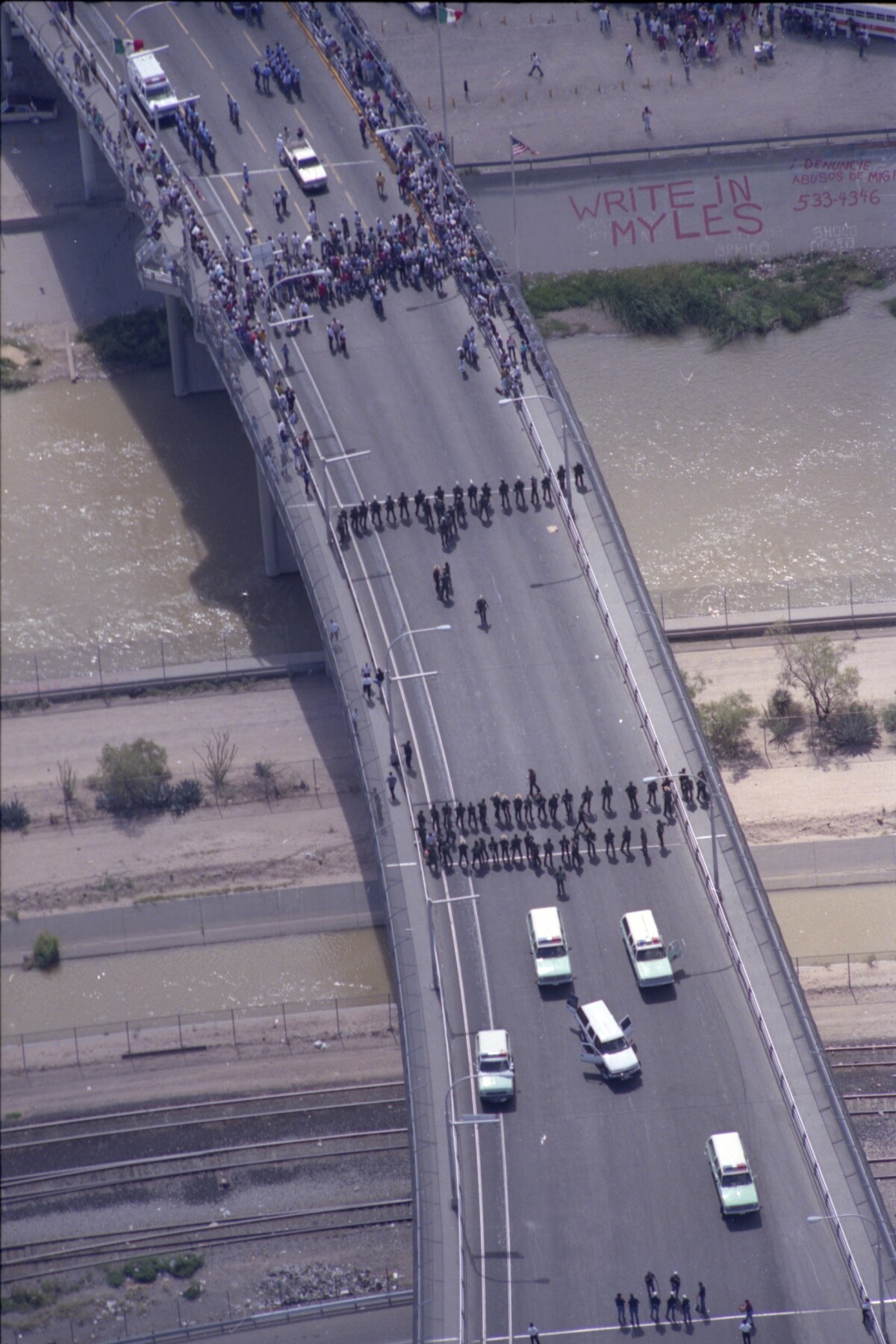
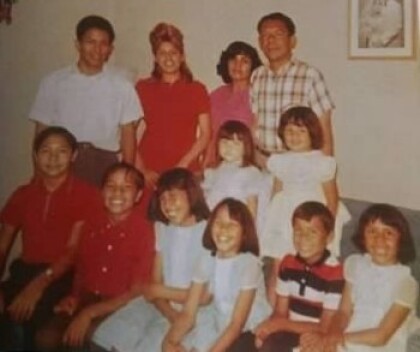
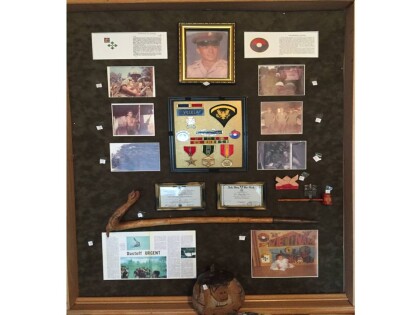
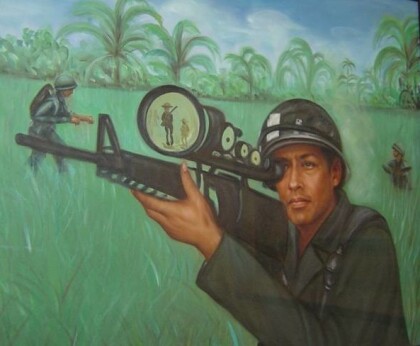
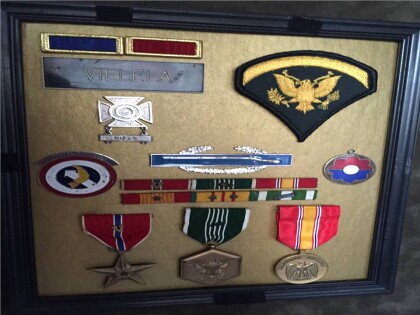
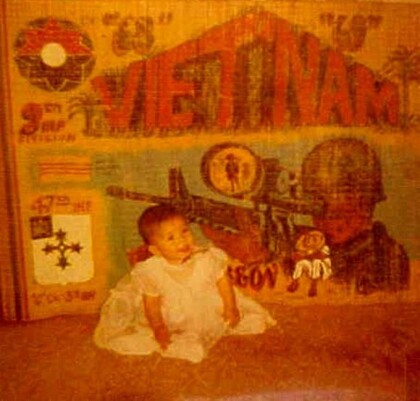
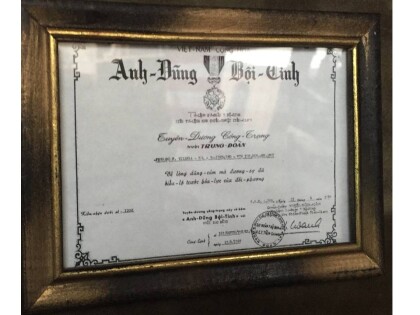
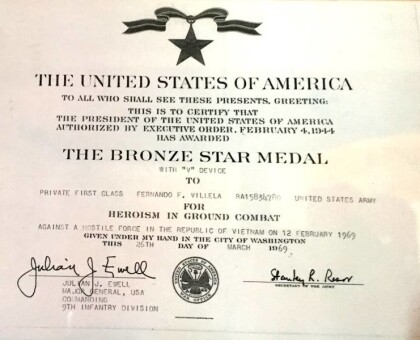
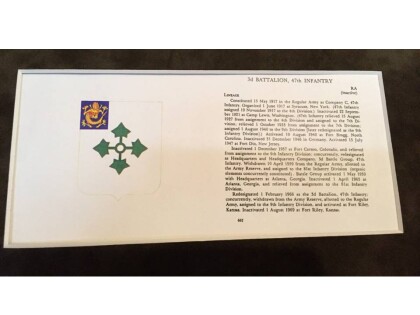
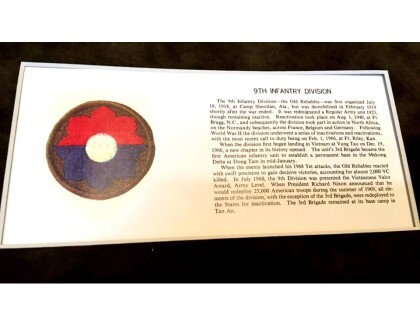
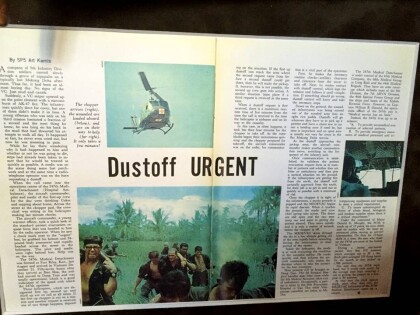
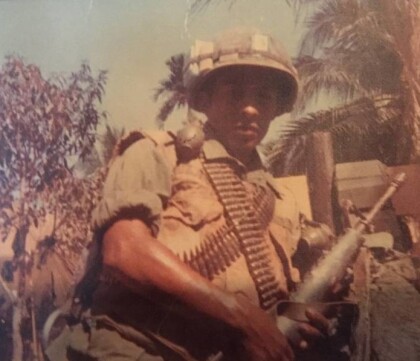
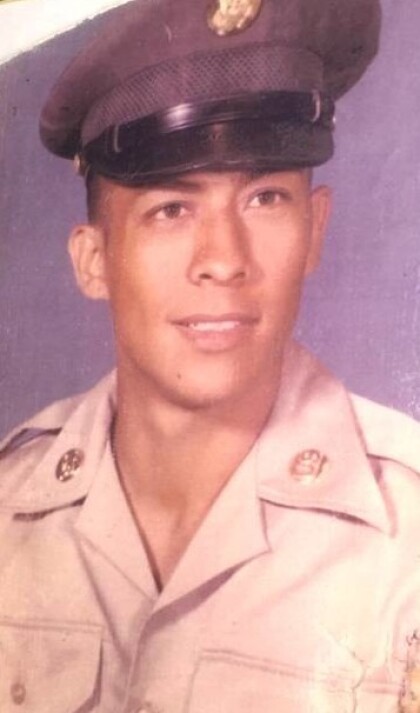
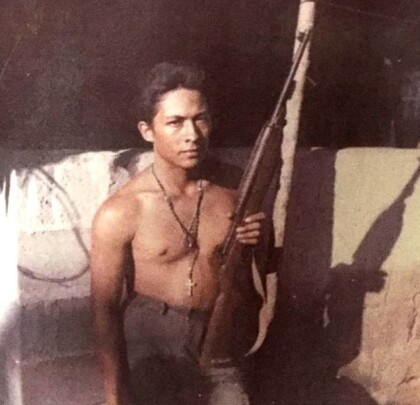
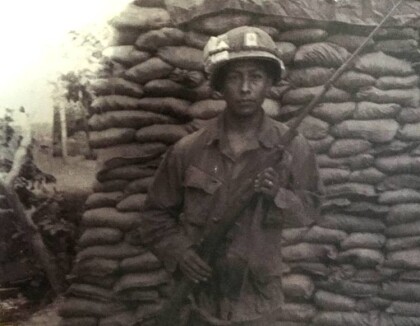
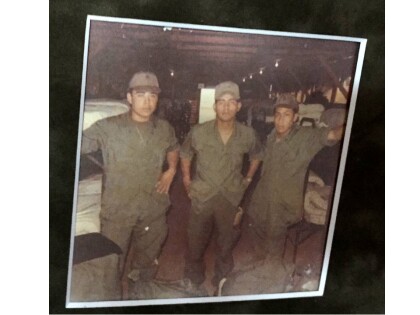
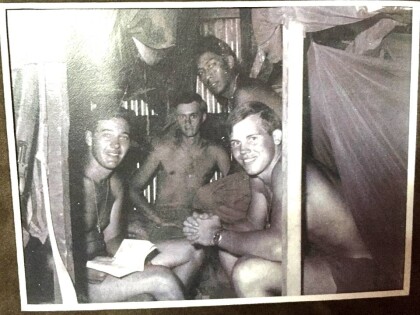
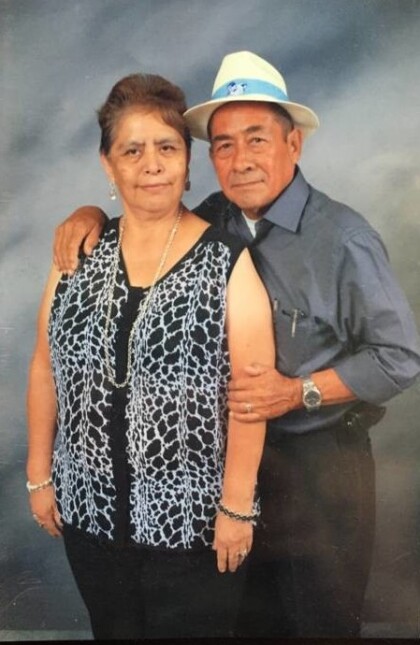
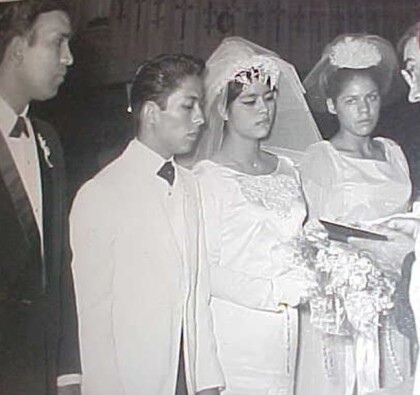
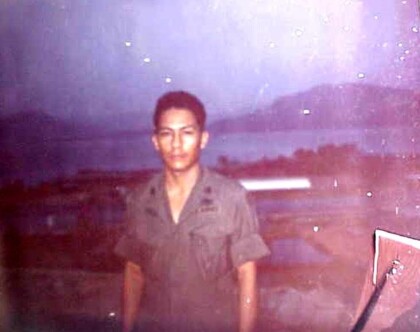
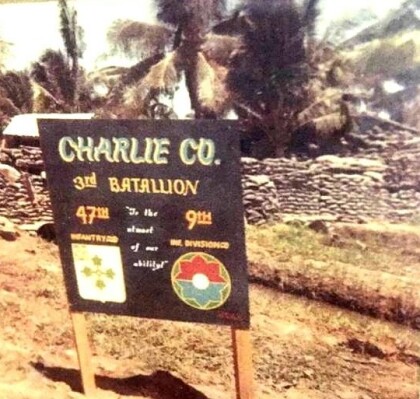
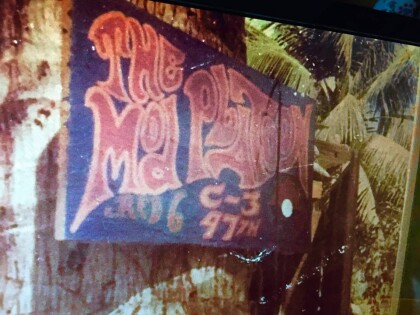
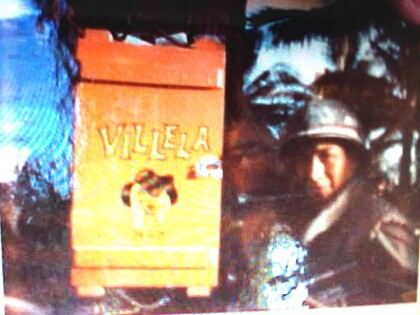
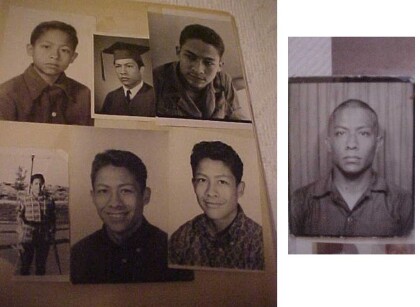
Comments
Add a comment